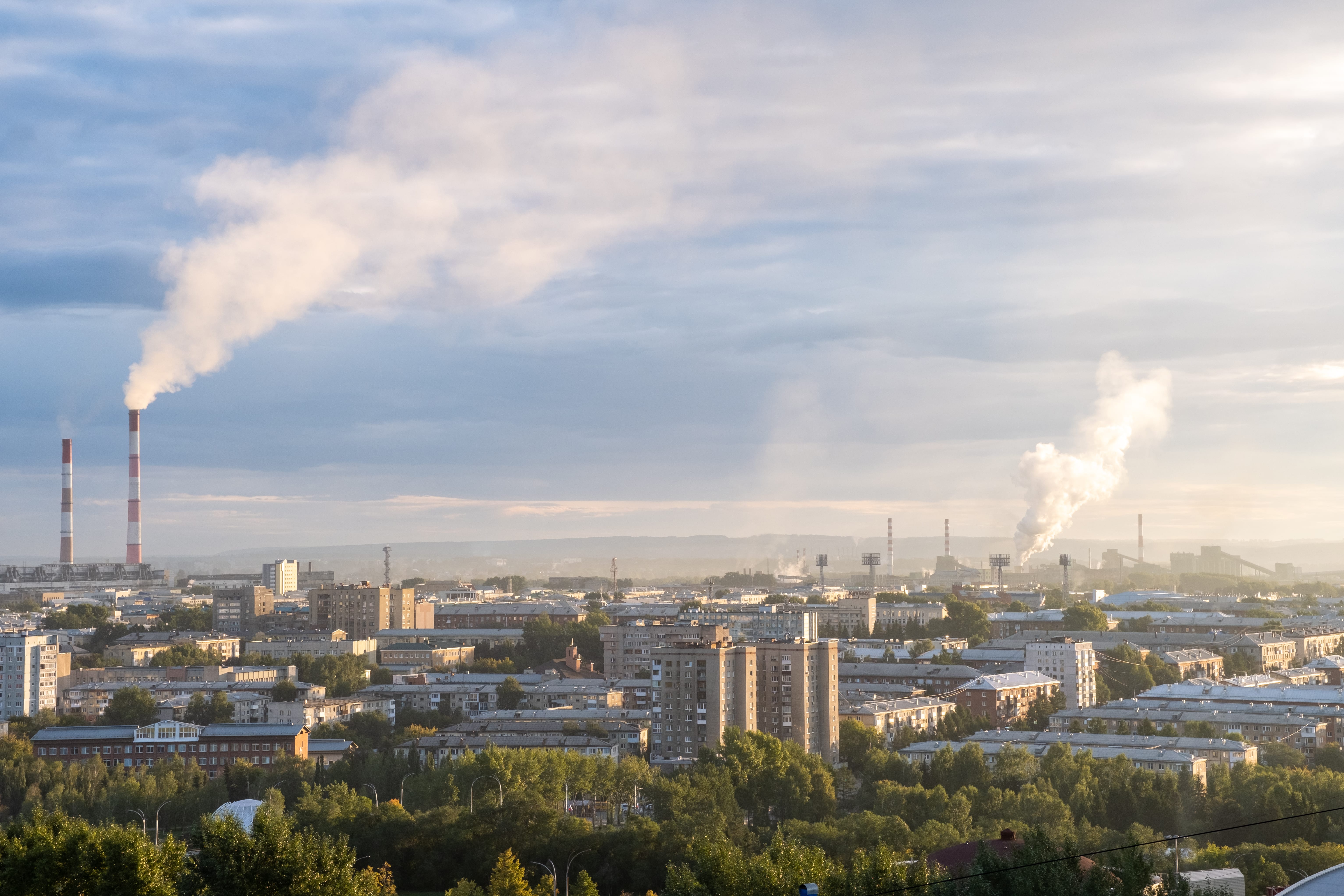As the world accelerates its shift towards renewable energy, the transition is often framed as a clear-cut solution to climate change. However, behind the promise of clean energy lies a critical challenge: the mounting waste crisis from renewable technologies. Without sustainable recycling infrastructure, the future of renewables may not be as green as it seems.
The Growing Waste Problem in the Renewable Sector
At first glance, renewables like solar and wind energy present a compelling alternative to fossil fuels. Solar power, in particular, has become the fastest-growing and cheapest energy source, with installations increasing by 30% annually and costs plummeting by 90% over the past two decades. However, this rapid expansion comes with a hidden cost—an unprecedented surge in waste.
Solar panels, wind turbines, and EV batteries all rely on resource-intensive materials such as silicon, glass, rare earth metals, and lithium. As these technologies reach their end of life, they create vast amounts of waste with no efficient disposal or recycling solutions in place. By 2050, the International Renewable Energy Agency (IRENA) estimates that solar panel waste alone could exceed 78 million tonnes.
The wind energy sector faces similar challenges. Over 720,000 tonnes of wind turbine blades are expected to end up in US landfills in the next decade, while only 5% of EV batteries are currently recycled. Moreover, a staggering 90% of electronic waste is illegally traded and dumped in developing nations, creating severe environmental and public health risks.
The Circular Economy: A Missing Piece in the Clean Energy Puzzle
One of the most pressing questions in the renewable transition is: What happens to renewables if they cannot be renewed? Without a circular economy approach, the sector risks generating an environmental crisis of its own.
The good news is that the value of recovered materials from solar panels alone could exceed $15 billion by 2050. Developing a robust recycling infrastructure is not just an environmental necessity—it is also an economic opportunity. By implementing mandatory recycling measures, building deconstruction and storage facilities, and investing in circular supply chains, the renewables sector can turn waste into a resource.
A Looming Resource Crisis: The "Metal Crunch"
Beyond waste management, the renewable energy sector faces another challenge: the shortage of critical raw materials. The demand for lithium, cobalt, nickel, copper, and rare earth metals is projected to skyrocket. For example, the EU will require 35 times more lithium and up to 26 times more rare earth metals by 2050 than it does today.
To put this into perspective, the world has mined 700 million tonnes of copper throughout history. The same amount will be required in the next 22 years just to sustain one generation of renewables. Without a well-planned strategy, this "metal crunch" could lead to supply chain disruptions, inflation, and geopolitical tensions over resource access.
Turning Challenges into Opportunities
The solution lies in a more integrated approach—one that prioritizes both the expansion of renewables and the circular economy. Europe offers a promising case study: 75% of the region’s clean energy metal requirements could be met through local recycling infrastructure. This model highlights the immense potential of a closed-loop system where waste is minimized, materials are recovered, and supply risks are mitigated.
As we move forward in the renewable transition, we must recognize that sustainability is more than just switching from fossil fuels to clean energy. True sustainability means designing systems that ensure long-term resource efficiency, minimize waste, and build resilience against future challenges. The path to a greener future must include robust recycling infrastructure and circular economy principles—because the cleanest energy is the one that doesn’t go to waste.




